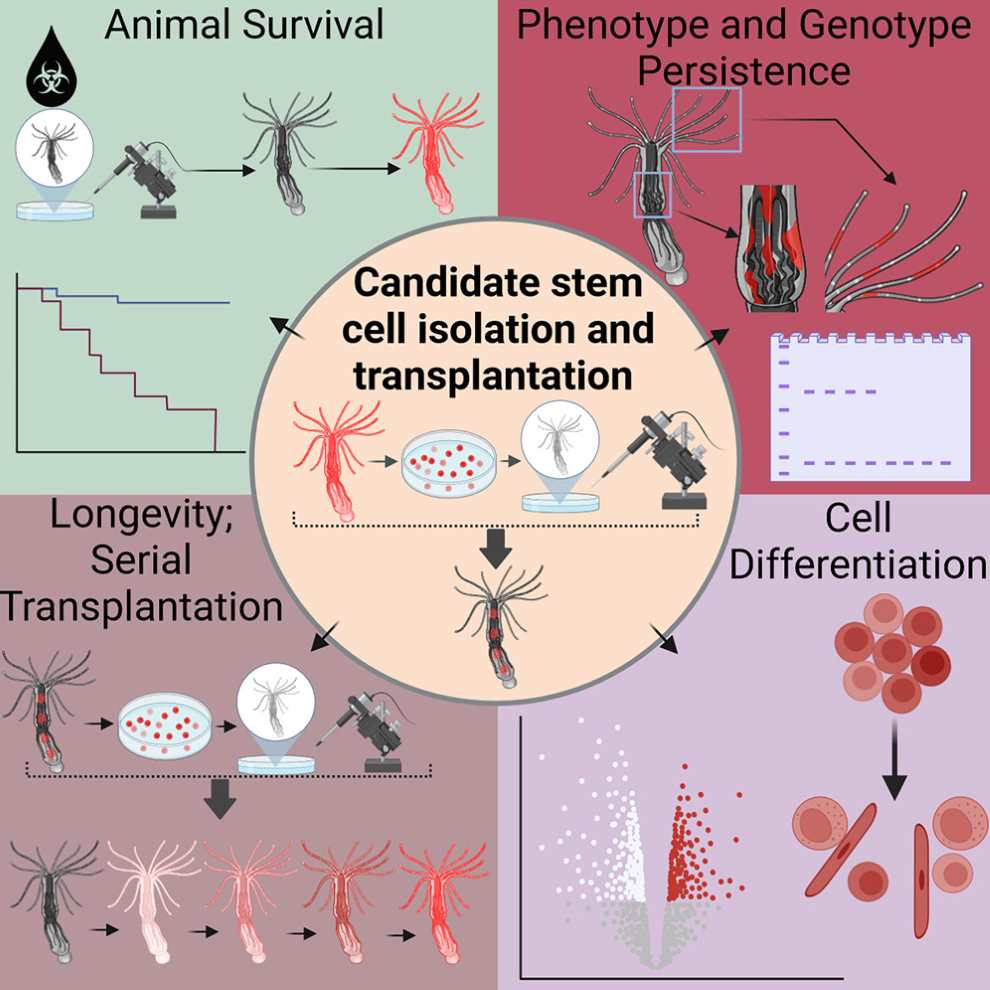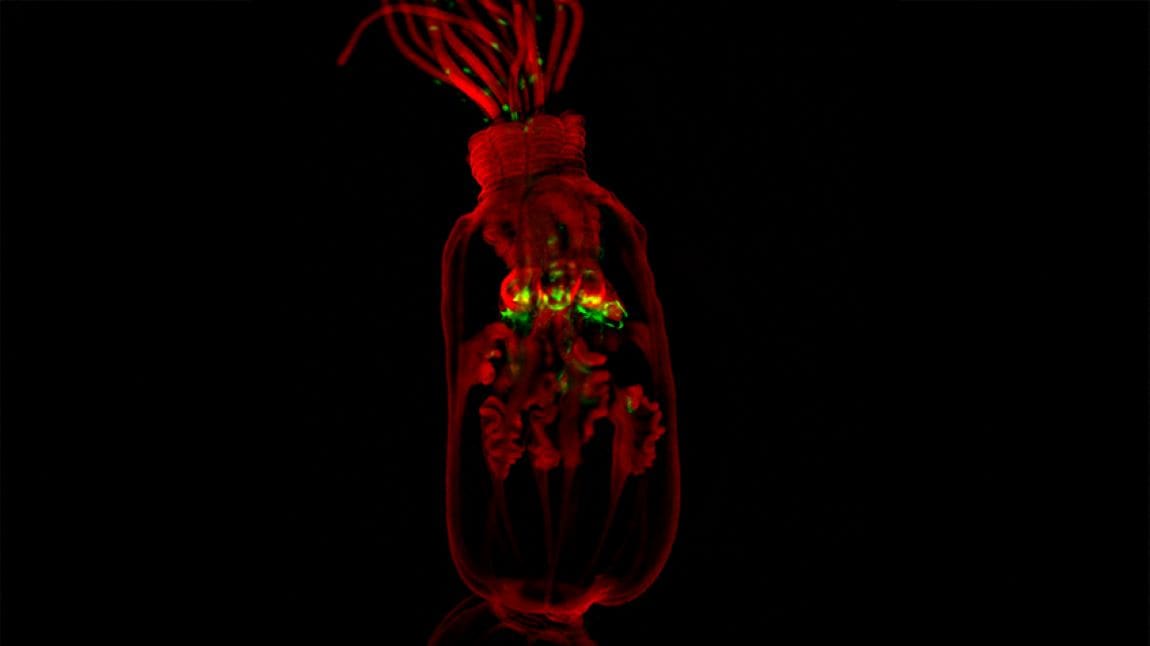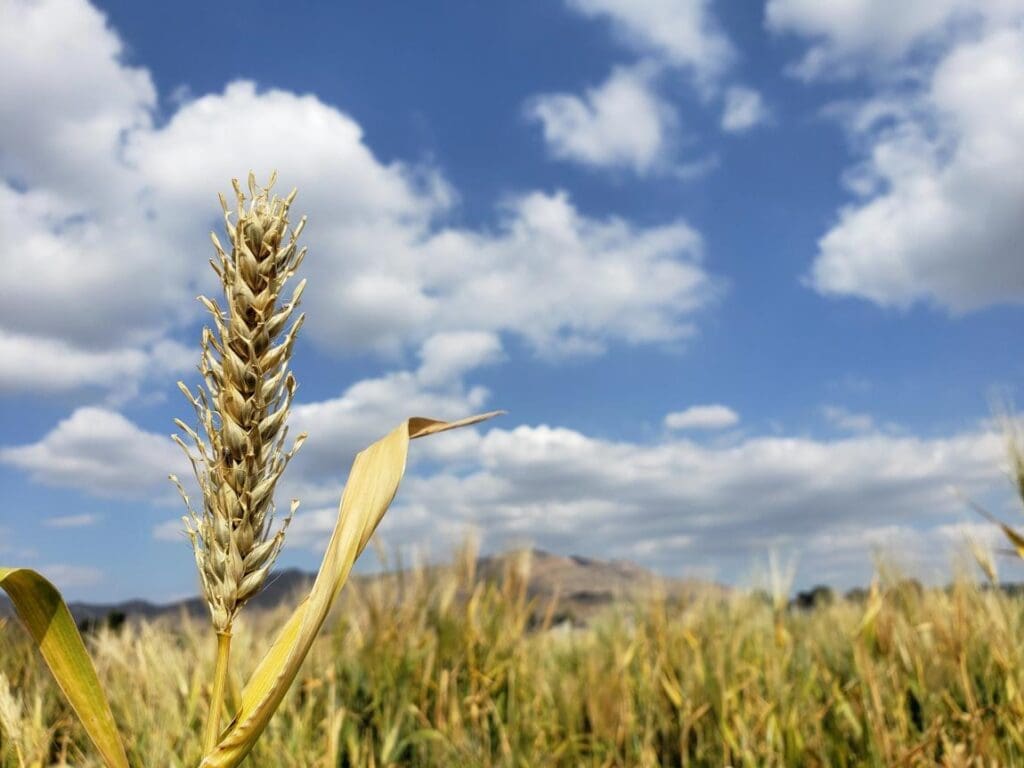Climate change continues to devastate coral reefs worldwide, with rising sea temperatures triggering widespread coral bleaching and death. Researchers from Ben-Gurion University of the Negev, led by Dr. Benyamin Rosental, are exploring a novel strategy to save these critical ecosystems: stem cell transplantation.
The study, published in Cell Reports, demonstrates the feasibility of transplanting stem cells in sea anemones, close relatives of corals. The research team, including Shani Talice and collaborators from the University of Miami, Stanford University, and Hebrew University of Jerusalem, showed that stem cells isolated from the sea anemone Nematostella vectensis successfully integrated, differentiated, and proliferated in recipient individuals.

Using a process akin to human bone marrow transplantation, the researchers envision transferring stem cells from heat-resistant coral specimens to those more vulnerable to thermal stress.
Dr. Rosental explains: “The basic idea is to develop cellular therapy for corals, along the lines of “Bone Marrow Transplantation” in humans. In humans we transplant bone marrow from a healthy individual to a recipient with severe immune deficiency in order to restore the immune system through the blood stem cells, which reside in the bone marrow. In corals, for instance, the idea would be to take stem cells from a heat resilient individual to a sensitive one to transfer resilience in the face of heat waves.”
The study also confirmed that the transplanted stem cells exhibited hallmarks of functional stem cells. These included integration into recipient tissues, survival under adverse conditions, and the ability to rescue individuals exposed to lethal chemotherapy doses. Notably, the research identified similar stem cell populations in other hexacorallian species, such as stony corals, which form the structural backbone of coral reefs.
While stem cell transplantation in Hexacorallia had never been attempted before, this breakthrough lays the foundation for further research into coral cell biology. The team’s method for isolating and sorting stem cells using species-non-specific markers is a significant technical achievement with potential applications beyond coral restoration.
This pioneering approach to coral conservation could be a critical tool in addressing the escalating impacts of climate change on marine ecosystems. By enabling vulnerable coral populations to adapt to warming oceans, stem cell transplants may help sustain biodiversity and preserve the ecological services provided by coral reefs.
***
The research was supported by the European Research Council under the Horizon 2020 program, Revive and Restore grants, NSF-BSF Integrative and Organismal Systems grants, the Israel Science Foundation, and an HFSP grant. It also involved researchers from BGU’s Goldman Sonnenfeldt School of Sustainability and Climate Change, highlighting the collaborative and interdisciplinary nature of the work.
Journal Reference:
Talice, Shani; Rosental, Benyamin, et al. ‘Candidate stem cell isolation and transplantation in Hexacorallia’, Cell Reports 43 (11) 114944 (2024). DOI: 10.1016/j.celrep.2024.114944
Article Source:
Press Release/Material by Ben-Gurion University of the Negev
Featured image credit: Sea Anemone | Photo: Dr. Benyamin Rosental | CC BY-NC




